WHAT
You have an idea of the life you want to live.
Let's create it together.
The Mission
MAP Counseling works with people to get clarity in their life and work towards the life they want to live. I will work with you to decrease the roadblocks and fears in your life to provide the possibility for change. I am committed to challenging and supporting you in the creation of a meaningful and purposeful life. I am keenly aware that this is your life; we are here to help you live it to the fullest.
Therapy Model
The primary therapy model I use is called Dialectical Behavior Therapy. While there are many different types of therapy techniques I may use, I think the principles of DBT most strongly relate to my therapeutic style.
Dialectical Behavior Therapy
Very similar to Cognitive Behavioral Therapy, Dialectical Behavior Therapy (DBT) works to challenge our negative beliefs and patterns and replace them with more productive thoughts and behaviors. The key difference is that DBT encourages us to accept thoughts and behaviors that we are unhappy with, rather than judging them as negative or struggling to push against them. Once we accept ourselves as we are, we work with the therapist to change the parts of our lives that we choose and take a more active role in building the life we want.
Reasons for Therapy
There are a myriad of reasons people seek out the help of a therapist. I primarily work with people who feel like they are not living life to the fullest. This can present in many ways, however, there is a common thread of people who are searching for answers to issues and struggles but feel unable to make any lasting changes. Below is a brief list of some of the issues people are facing in our work together.
Issues
Depression
Anxiety
Grief
Gender
Relationships
Loss
Parenting
Career
Life Transitions
Meaning of Life
Spirituality
Academic Issues
This is not meant to be an exhaustive list; just give you an idea of common issues addressed.
